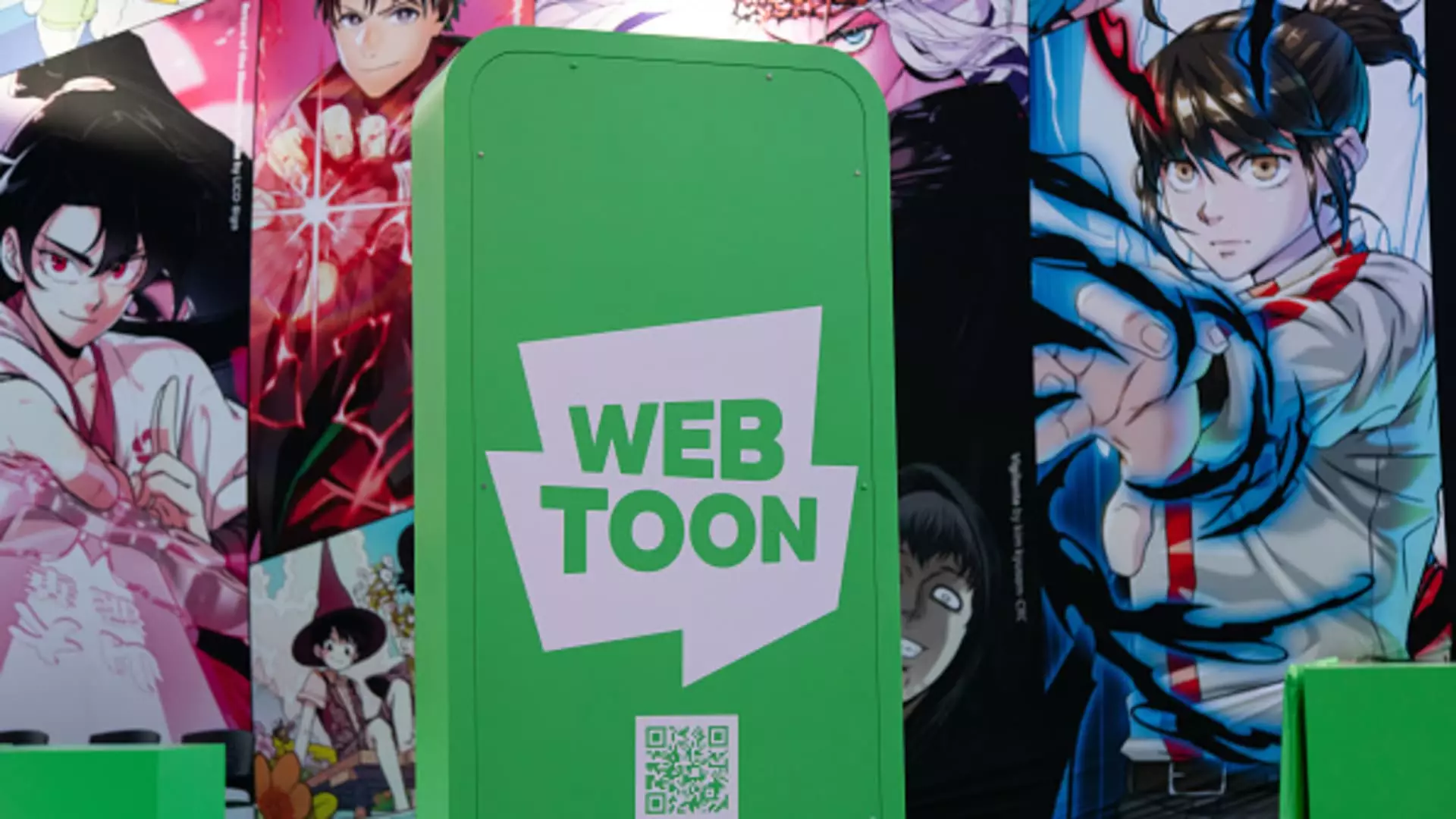Webtoon Entertainment’s recent surge in stock prices signals a bold move into the thick of mainstream entertainment giants, but it also raises critical questions about the sustainability of such growth. The company’s agreement with Disney to develop a unified digital comics platform, coupled with a modest equity stake, reflects ambitions of transforming digital comics into a powerhouse media conduit. While the market cheers, critics must question if this meteoric rise is grounded in strategic foresight or mere hype. Over the past three months, Webtoon shares have more than doubled, suggesting investor enthusiasm may be driven by speculation more than solid fundamentals. The move to integrate Disney’s vast universe of Marvel, Star Wars, and other properties might seem lucrative now, but it risks putting Webtoon’s core identity at a crossroads—balancing the pursuit of massive, recurring revenue streams against the originality that made the platform attractive initially.
The Illusion of Long-Term Gains in a Fragmented Industry
The partnership aims to consolidate over 35,000 Disney-linked comics into a singular subscription service, a model that echoes the broader shift towards streaming-like content aggregation. Such a platform could create a reliable income stream for Webtoon, but does this model genuinely guarantee long-term profitability? Industry critics argue that putting such heavy reliance on IP from behemoth corporations like Disney could backfire. These conglomerates are notorious for their strategic repositioning and risk-averse attitude, meaning Webtoon’s growth may be tethered to changes in Disney’s corporate strategies. Furthermore, the skeptics raise concerns that aggressive investments into platform expansion—while necessary—will delay profitability and strain resources. The focus on expanding the English-speaking user base could be a crucial move, yet it is also highly competitive. The dominance of established players like Netflix and Amazon in digital content suggests that Webtoon’s new platform must innovate far beyond mere content bundling if it’s to carve out a lasting niche.
Balancing Innovation with Caution in a World of Consolidation
From a political-economic perspective, this development exemplifies the ongoing tension between disruptive innovation and concentrated corporate power. The push for digital comics as a central hub for major IP can be seen as advantageous—drawing in a broader audience, diversifying revenue, and boosting industry competition. But it also risks reinforcing monopolistic tendencies, where a few conglomerates hold disproportionate control over content and distribution channels. For Webtoon, the challenge lies in leveraging Disney and other big IP without becoming overly dependent on them. A vulnerable dependency not only stifles creative diversity but could also spiral into a risk for investors if major studios withdraw or pivot to in-house solutions. In a climate where content creators demand fair compensation and intellectual property rights, Webtoon’s reliance on Disney’s vast portfolio could be a double-edged sword, giving it scale at the expense of independence.

